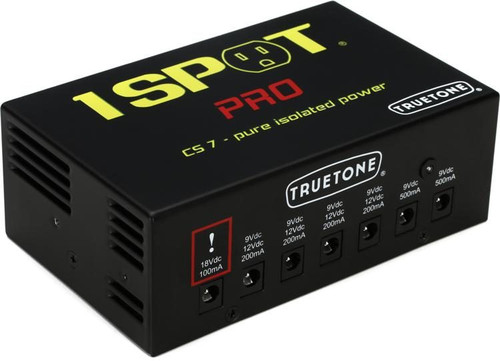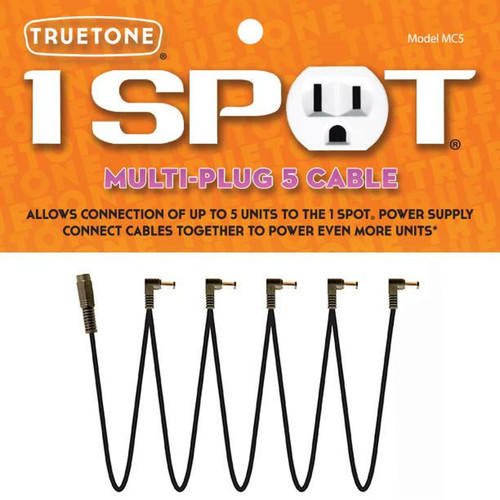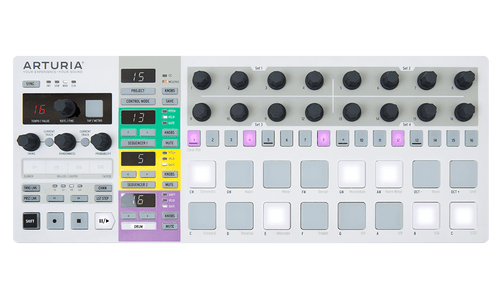The World's First Power Brick With Switching Power Supply Technology.
1 SPOT Technology… what does that mean and why should I care? Technically, it’s switching power supply technology, which is very different than what anyone has ever put inside a power brick. Normally, you would find just a big transformer and a handful of small electronic components inside a power brick… old tech that hasn’t changed in decades and has a lot of limitations. We took the same triple filtered switching power supply technology found in our famous 1 SPOT and scaled it up to make the 1 SPOT Pro models. With much more space to work with, we were able to completely eliminate noise, provide total electrical isolation between outputs, create multiple voltages, and still give you the ability to use it anywhere in the world.
A major benefit of using a switching power supply is that it can handle far more current (power being pulled out of it) than any transformer-based power supply. Although we had to put power rating labels on each output to satisfy certification agencies (yes, we actually certified these, unlike most companies), the outputs can generally handle far more than the label shows. For example, you can connect a 300mA pedal to a 200mA output, without causing any problems. With a transformer-based power supply, you can’t get away with that. The important thing is to not exceed the total of all the labels. With a CS7, the output labels add up to 1900mA total. That means the total current draw of all your pedals should be less than 1900mA. That total current rating is roughly double the current load of the most common power brick, for a lot less money.
Available Output Voltages
- Outputs 1-2: 18VDC (100mA)
- Outputs 3-6: 9VDC or 12VDC (100mA)
- Output 7: 9VDC or variable 4-9VDC (100mA)
- Outputs 8-9: 9VDC (250mA)
- Outputs 10-11: 9VDC (500mA)
- Output 12: 9VAC (800mA) - Be careful with this one! It is only for pedals that can handle AC voltage. If your pedal can use a battery, do NOT use this output!







